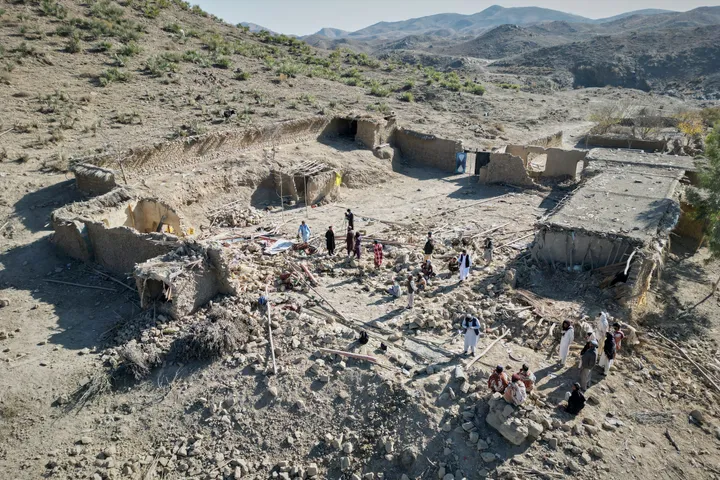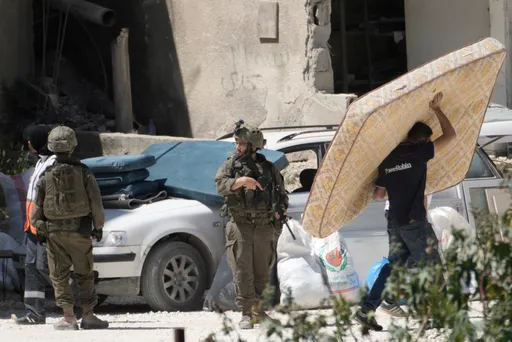Almost half of the 53,000 Afghan refugees who have arrived in the US and are living at military facilities are children, according to a report.
The disclosure was made in a letter from Defense Secretary Lloyd Austin to lawmakers that was obtained by the Wall Street Journal newspaper on Thursday.
The letter was sent in response to queries from Senator James Inhofe, the ranking Republican on the Armed Services Committee.
Roughly 22 percent of those who have arrived are adult females compared to 34 percent who are male adults, said the letter. The figures provided by Austin are approximations.
Turning to the roughly 124,000 people who were evacuated from Afghanistan in the final days of the US occupation, Austin said the vast majority –– 85 percent, or 105,000 –– were Afghans.
READ MORE: Russia, China, Iran agree to work with Taliban for 'regional stability'
Stay to extend at US military facilities
The Afghans who remain at US military facilities are expected to stay there for months due to a measles outbreak, housing shortage, and a bureaucratic delay in processing paperwork, according to the Journal.
Three-quarters of the questions asked by Inhofe required classified answers, Austin reportedly wrote.
"I’m glad we finally have some of the answers my colleagues on the Senate Armed Services Committee and I have been asking, about who we evacuated and how the Department of Defense is supporting these evacuees," Inhofe told the newspaper.
"It’s clear the Department faces challenges ahead in this regard, and I intend to watch this process closely."
Taliban back in power
The Taliban took back power in Afghanistan in August after the United States pulled out its troops, almost 20 years after the group was ousted by US-led forces following September 11, 2001, attacks on the United States.
Washington and other Western countries are grappling with difficult choices as a severe humanitarian crisis looms large in Afghanistan.
They are trying to work out how to engage with the Taliban without granting it the legitimacy it seeks, while ensuring humanitarian aid flows into the country.
READ MORE:US: Taliban won't get access to Afghan central bank reserves























